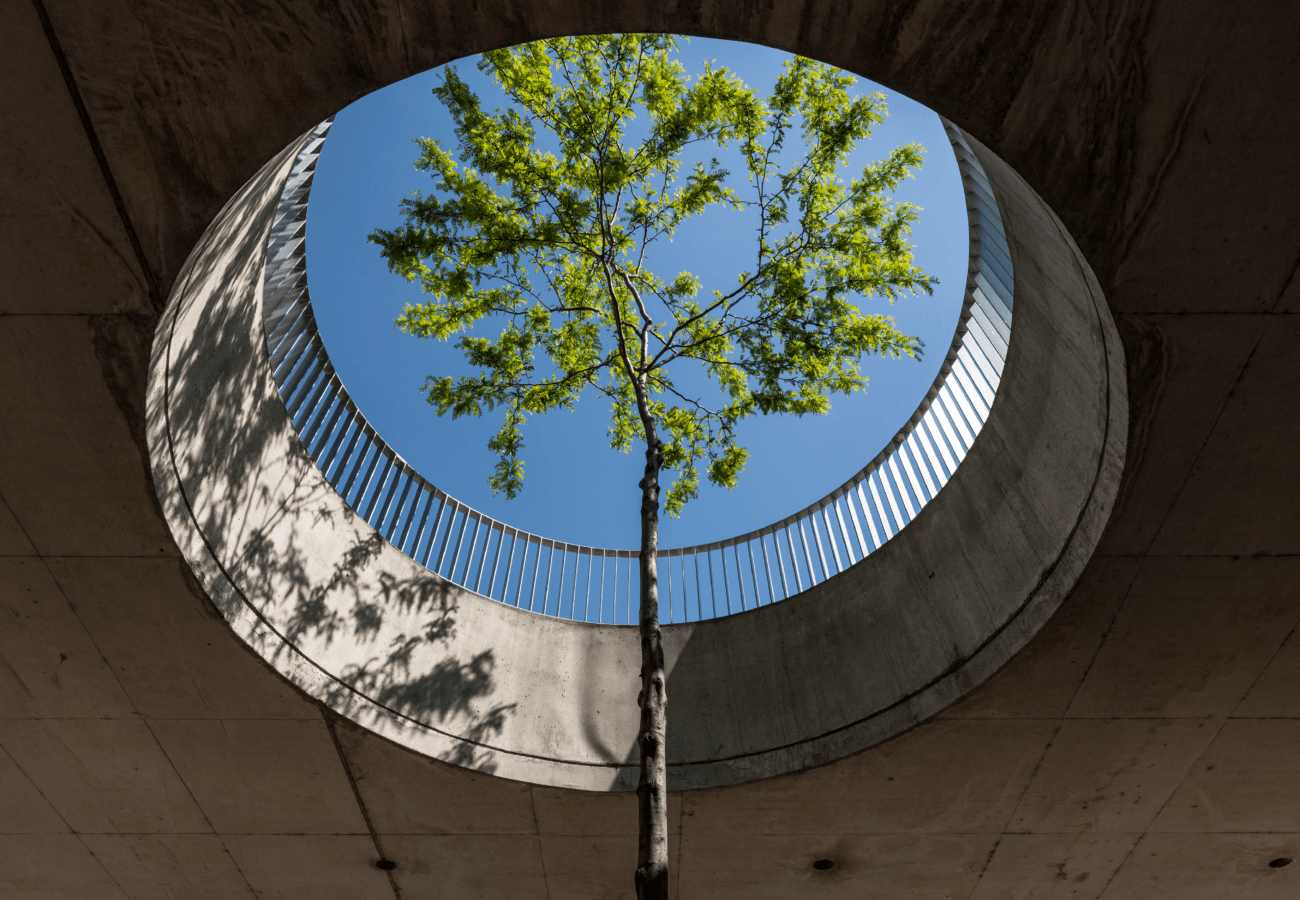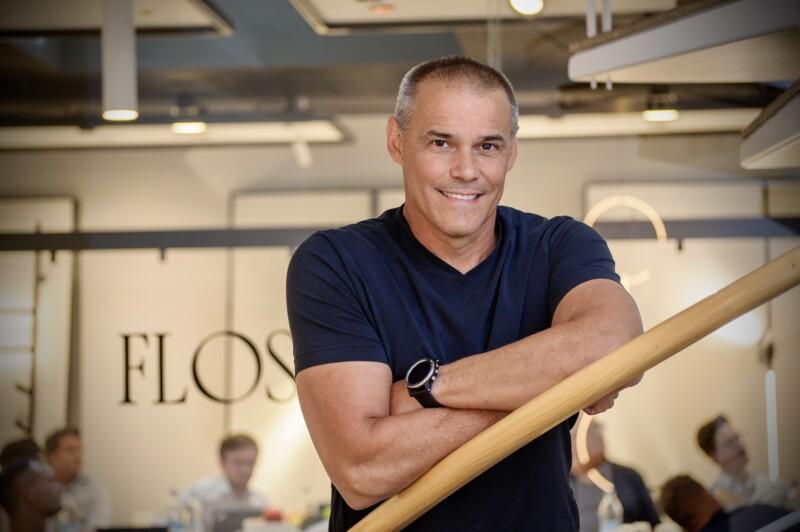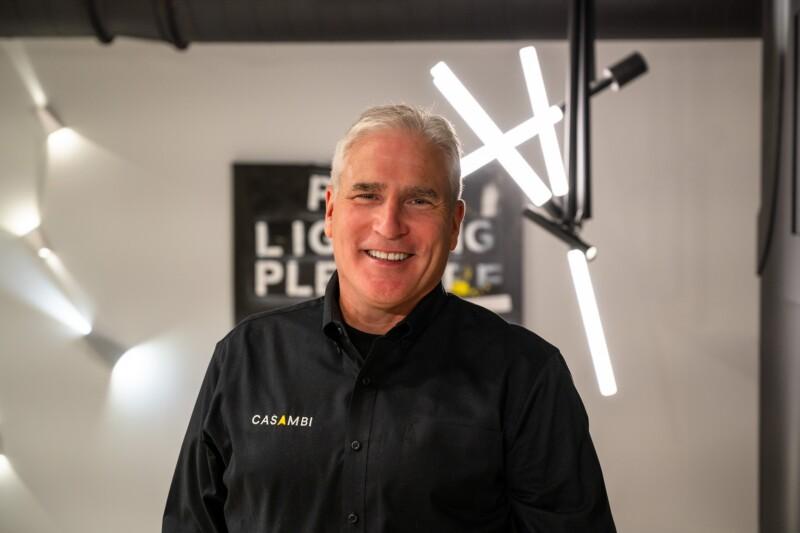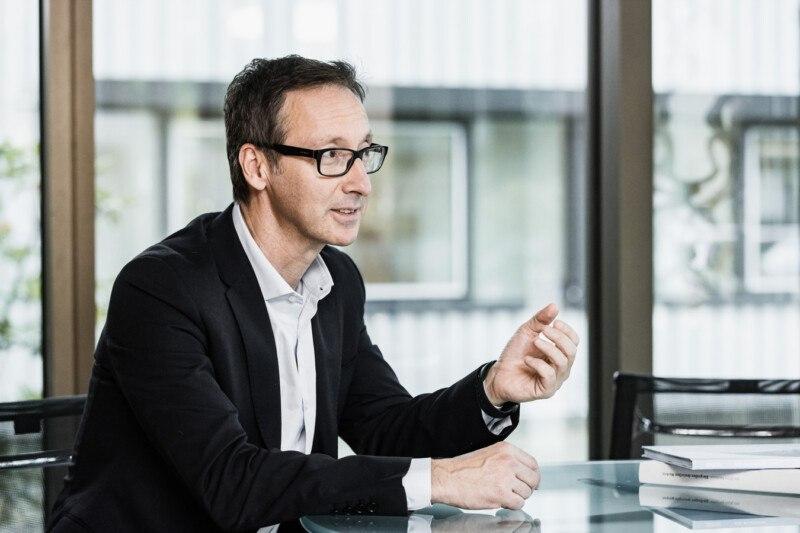The lighting industry must go circular

Rickard Lundell, the founder of Rebel Light, advocates for businesses within the lighting industry to promptly embrace a circular economy model, thereby securing their long-term sustainability and ultimate survival.
At this year’s Casambi Summit, Rickard Lundell, the founder of Rebel Light, delivered an insightful talk on the importance of circularity in the lighting industry. He shared his journey of exploring how a lighting company can transition to become a sustainable business and highlighted findings that led him to believe in its potential. Here are five key takeaways:
We’re all heading toward the circular economy, so jump on board asap.
Lundell believes that businesses in the lighting industry, including his own, should be transitioning towards a circular economy now to ensure long-term sustainability and viability. He emphasized that understanding the circular economy from a business perspective is crucial. If a product in the market cannot be reused, repaired, renewed, or repurposed, it needs to be redesigned asap in order to participate in a circular economy.
External factors, including stricter regulations and policies aimed at reducing waste and promoting resource efficiency in alignment with UN global goals (such as ISO 14001), are pressuring companies to adopt circular thinking. Compliance with regulations and emerging sustainability standards, such as LEED, along with consumer demand for eco-friendly products are driving the need for change.
Our current business model is not sustainable.
Lundell acknowledges that the traditional linear business model, where products are discarded after use, leads to the generation of electronic waste. Businesses fail to consider the environmental impact of products throughout their life cycle, including extraction, production, use, and end-of-life.
This is so true. Think about incandescent bulbs. They have a relatively short lifespan and are highly inefficient, resulting in frequent replacements. According to various reports, in the United States alone, it is estimated that over 1 billion incandescent bulbs are discarded each year, leading to substantial waste generation.
Shifting Rebel Light’s business model towards circularity required long-term commitment.
To address the sustainability challenge, Lundell outlined the changes his company made to its business model. They introduced a 20-year service guarantee for their products, allowing for component renewal and ensuring the product’s extended lifespan. Additionally, they implemented a buyback agreement, taking responsibility for renewing and finding new users for the products they sell.
We’ve seen this in other sectors too. Tesla offers a ‘Tesla Resale Value Guarantee’ that ensures a minimum buyback price for their electric vehicles after a few years of ownership. They also have a ‘Used Vehicle’ program, buying back and reselling pre-owned Teslas. Their Supercharger network also enables renewable energy charging, while efforts to increase vehicle recyclability and reduce manufacturing impact further their sustainability goals. These initiatives promote extended vehicle lifespan and minimize environmental impact. It’s exciting to see such strategies translated for the lighting industry.
You can’t hide from Scope 3 Emissions and the importance of Data.
Lundell emphasized the growing significance of Scope 3 emissions in sustainability reporting. He highlighted that businesses need to understand and report the full life cycle emissions of their products, including indirect emissions. He explained that multiple users and extended product lifecycles contribute to lowering Scope 3 emissions, making a circular business model essential.
Many companies have indeed voluntarily begun to report on their Scope 3 emissions as part of their sustainability initiatives and efforts to address climate change. The Securities and Exchange Commission in the US has been working on implementing ESG (Environmental, Social, and Governance) disclosure requirements for public companies and the EU’s CSRD (Corporate Sustainability Reporting Directive) is following suit. ‘Voluntary’ will soon become ‘mandatory’.
Redesigning products for circularity is necessary.
Lundelll encourages businesses to redesign their products to enable reusability, repairability, renewal, or repurposing. He stressed that products must have a chance for a second life without resorting to recycling, as recycling alone does not align with the circular economy.
So true. Take the compact fluorescent lamp (CFL). CFLs contain small amounts of mercury, which is a hazardous substance. While recycling programs exist for CFLs to recover mercury and other materials, the process itself is complex and not widely accessible. Moreover, recycling CFLs requires specialized facilities to handle the mercury safely, making it difficult to implement on a large scale. Due to these challenges, CFLs often end up in regular waste streams or landfill, where their potential for reuse, repair, renewal, or repurposing is greatly diminished. This linear approach to disposal contributes to resource depletion and environmental harm.
Time is of the essence.
Lundell’s speech shed light on the urgency and benefits of adopting circularity in the lighting industry. His company’s success in implementing circular practices and the increasing demand for Scope 3 data serve as compelling reasons for businesses to consider transitioning towards circular business models. But you’ve got to start NOW.
Casambi can play a small but significant part in extending the lifespan of luminaires. Our little matchbox-sized CBUs are reusable due to their wireless connectivity, allowing for easy installation, reconfiguration, and relocation without rewiring. They are also compatible with various lighting fixtures, offer versatile control capabilities, and receive firmware updates, ensuring adaptability and enabling their reuse across different projects and spaces.
The full presentation by Rickard Lundell at the Casambi Summit earlier this year is available on YouTube. Highly worth watching!
Interested in learning more about Casambi? Drop us a note, and we’ll reach out to you:


